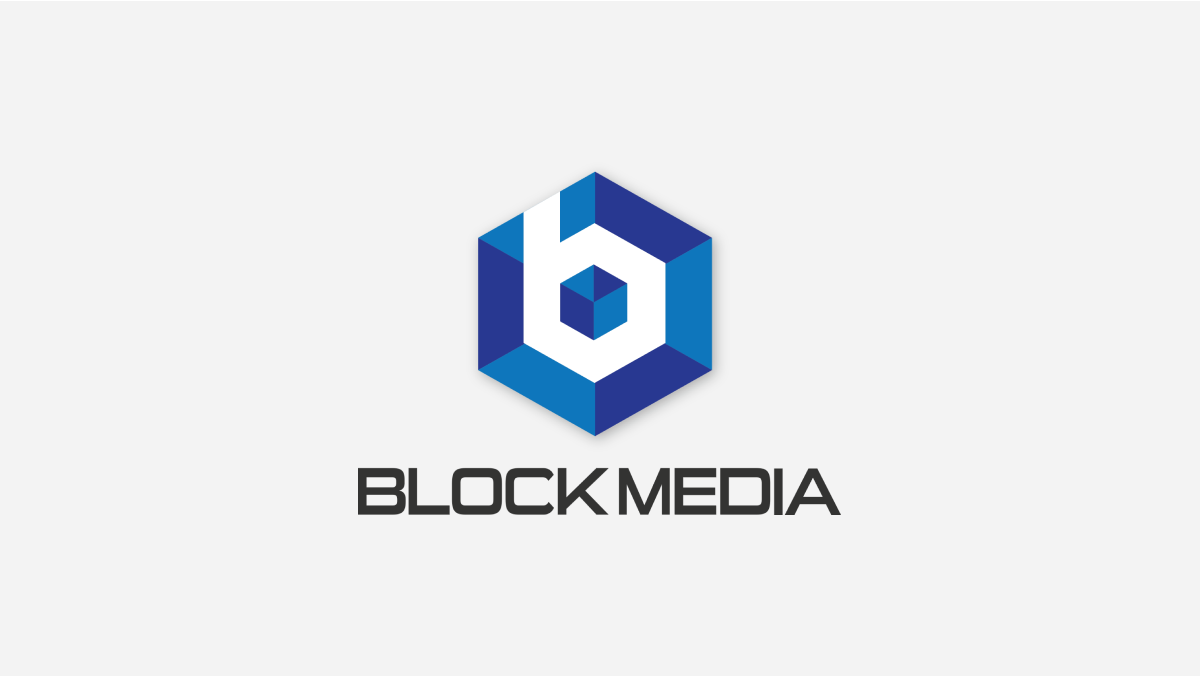Many Korean government agencies have undertaken pilot projects so that they can raise operational efficiency through blockchain.
The Korea Customs Service (KCS) plans to use blockchain to shorten customs clearance time of individual cargos to less than two days from the current five days. Through blockchain, KCS and importers can share information so that importers can report imports on a real-time basis.
Blockchain will enable inspectors to trace livestock and packed meat in 10 minutes, a dramatic cut from the current six days. Cattle growers can report the history of animals on a real-time basis through blockchain network,
Blockchain technology will make real estate transactions more transparent and straightforward than before. Land registers will become legal immediately after owners borrow money at banks because blockchain will link the government agencies, including the Ministry of Land, Infrastructure, and Transportation and the local governments, and the Korea Financial Telecommunications and Clearing Institute (KFTC). These agencies share the information on property transactions through blockchain.
The National Election Commission has been studying ways of using blockchain in vote counting. Theoretically, it believes that blockchain technology will enable voting, vote counting and final voting result on a real-time basis. But it may take a long time for Korea to introduce blockchain-based election management.
Once you store public documents and certificates in the blockchain, you can quickly retrieve and submit them to foreign companies and public agencies. Verifying these documents and certificates would be made on a real-time basis. Now it takes more than two weeks for foreign entities to check these documents and certificates. The Ministry of Foreign Affairs and Trade will use the blockchain-based distribution of government documents to foreign governments.
The Ministry of Oceans and Fisheries will use blockchain in running maritime transportation. Under the plan, verifying transshipment of cargos will be made on a real-time basis.
The Korea Internet & Security Agency, which is under the Korean Ministry of Science and ICT, is coordinating the pilot projects. It commissioned the six projects. Next year it will invite local governments to conduct pilot projects on whether blockchain will upgrade the quality of public service.
The South Korean government plans to invest more than $890 million next year to quicken the development of next-generation technologies, including blockchain, artificial intelligence, and big data. It plans to spend about $9 billion on these technologies over the next five years.




